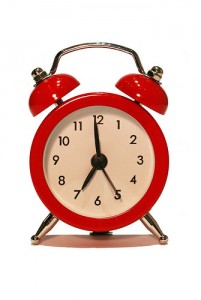 As society continues to fall prey to the inundation of new technological advancements, many people are beginning to regard sleep as an inconvenient necessity that simply interrupts one’s penchant to stay connected to the digital world.
As society continues to fall prey to the inundation of new technological advancements, many people are beginning to regard sleep as an inconvenient necessity that simply interrupts one’s penchant to stay connected to the digital world.
A number of studies conducted by the National Sleep Foundation recently accused technology of invading the bedroom and identified the increased use of certain electronic devices in the hour before bedtime as a main contributing factor to our nation’s poor sleeping habits. Nearly 95 percent of respondents in the study reported using cell phones and computers before going to sleep and approximately two thirds admitted to not getting sufficient amounts of rest during the week.
The reluctance, however, to relinquish the use of electronic devices in favor of adequate sleep may be more detrimental to people’s health than even they may realize. In fact, another study conducted from 1998 to 2002 revealed that after a fourteen day testing period those who received six hours of sleep were just as incapable of normal functioning as people who had been deprived of sleep for 24 consistent hours.
The study reiterated the fact that not every person has the same sleeping habits, however, because the sleep deprived among us are simply too sleep deprived to properly assess our own needs it is important to recognize certain factors that can inhibit our ability to get the recommended eight hours of sleep per night. Lack of physical activity, aging, poor diet, certain medications and the inverse relationship between cell phone and computer use and sleep can all interfere with our ability to live a healthier lifestyle.